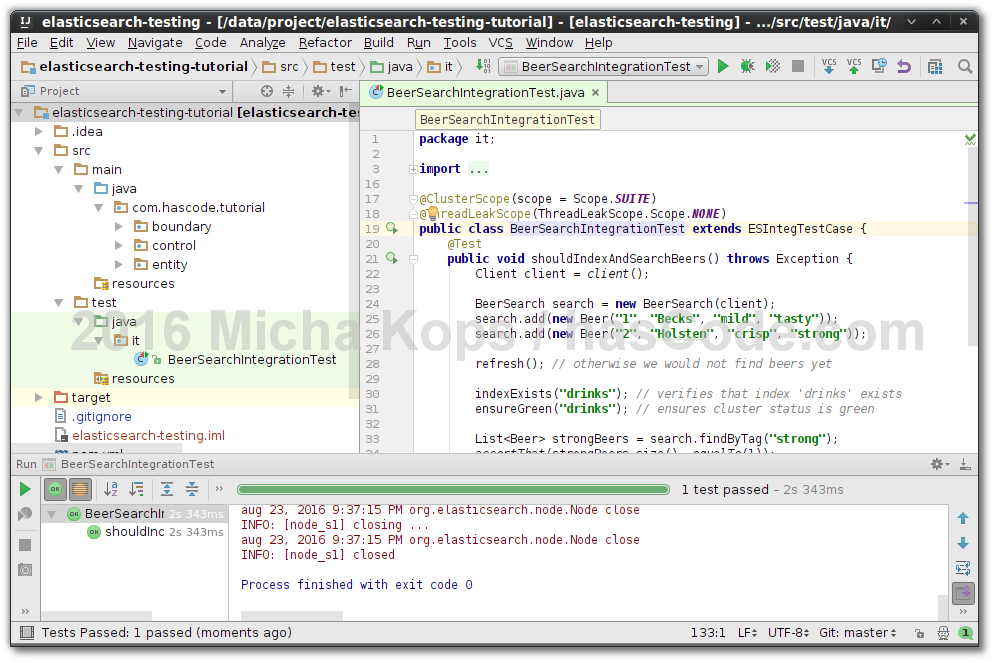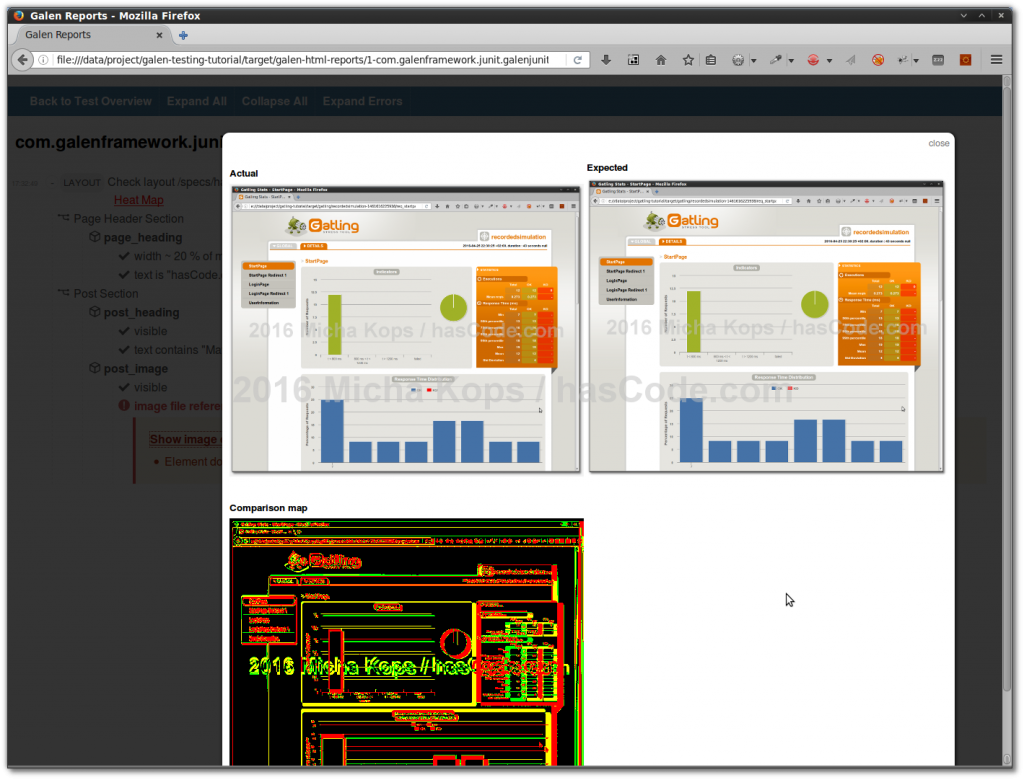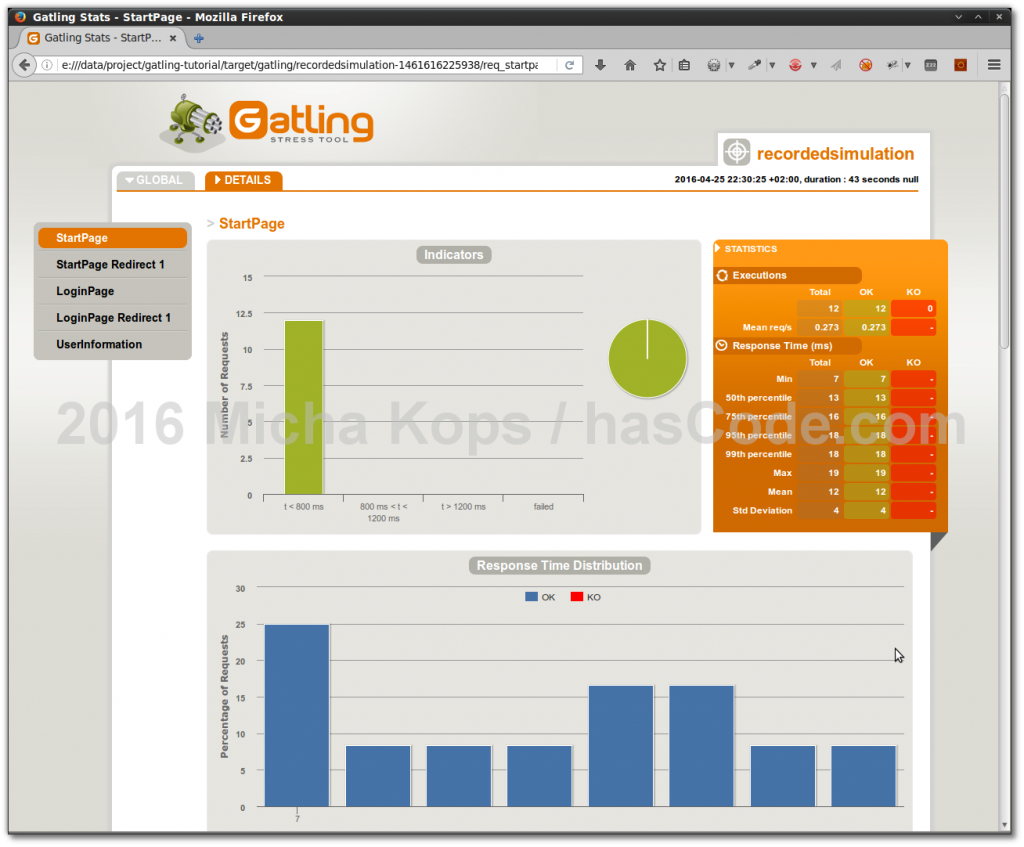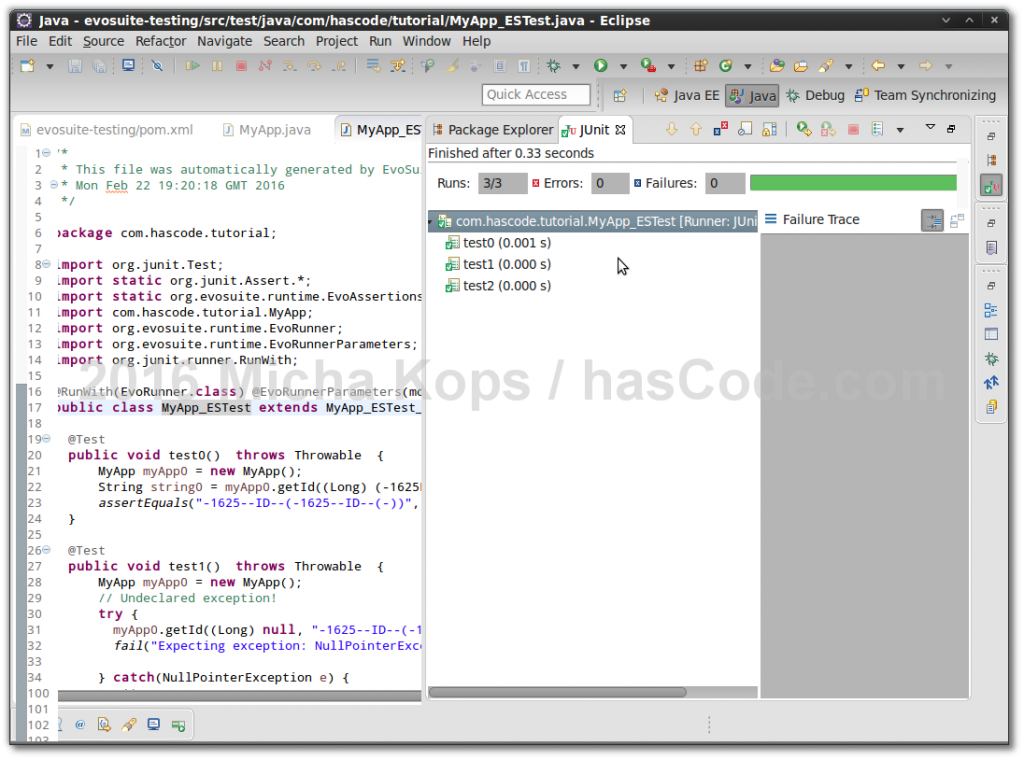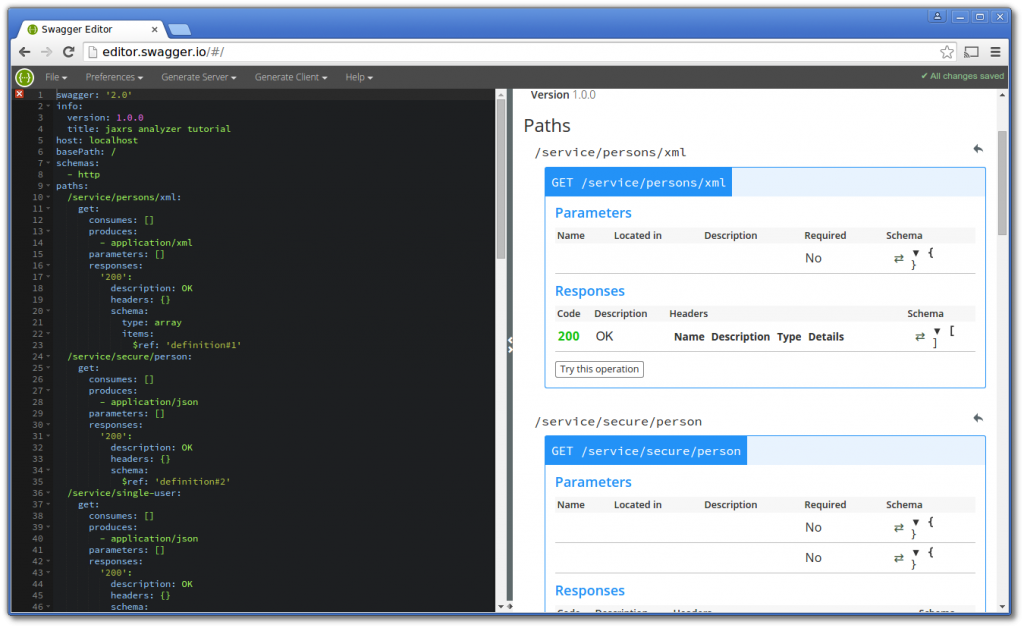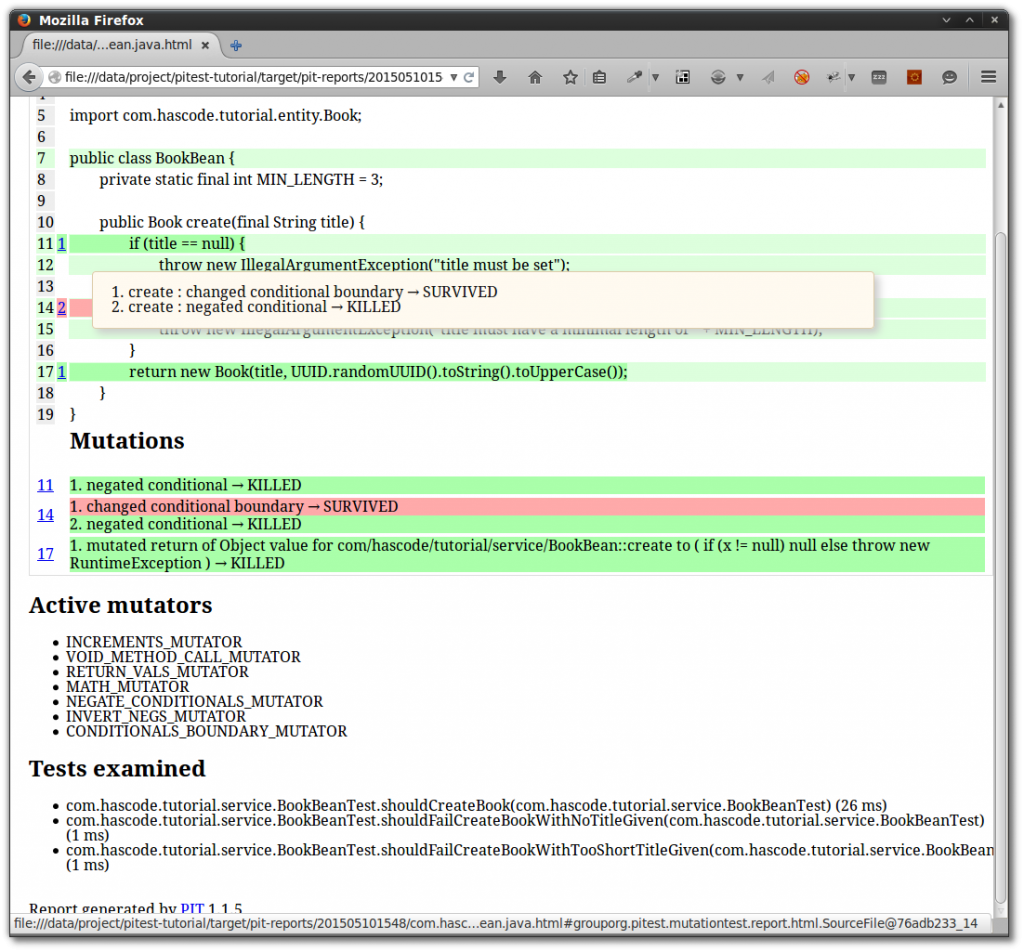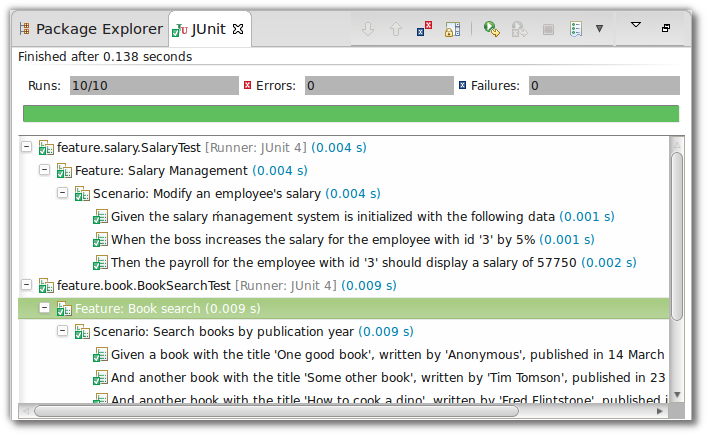
Creating Microservices with Bootique
When it comes to writing microservices in Java, plenty of tools and frameworks exist. In the following tutorial, I’d like to demonstrate another minimalistic framework called Bootique by implementing a simple microservice exposing its functions either as a RESTful web-service or as a runnable command executed using the command line. Bootique Command Line Dependencies Using Maven here, we’re adding the following elements to our project’s pom.xml: Bootiques Bill of Materials as dependency management: bootique-bom Bootique Jersey for our REST service: bootique-jersey Bootique Logback for logging: bootique-logback Maven Shade Plugin to assemble our fat-jar ...
